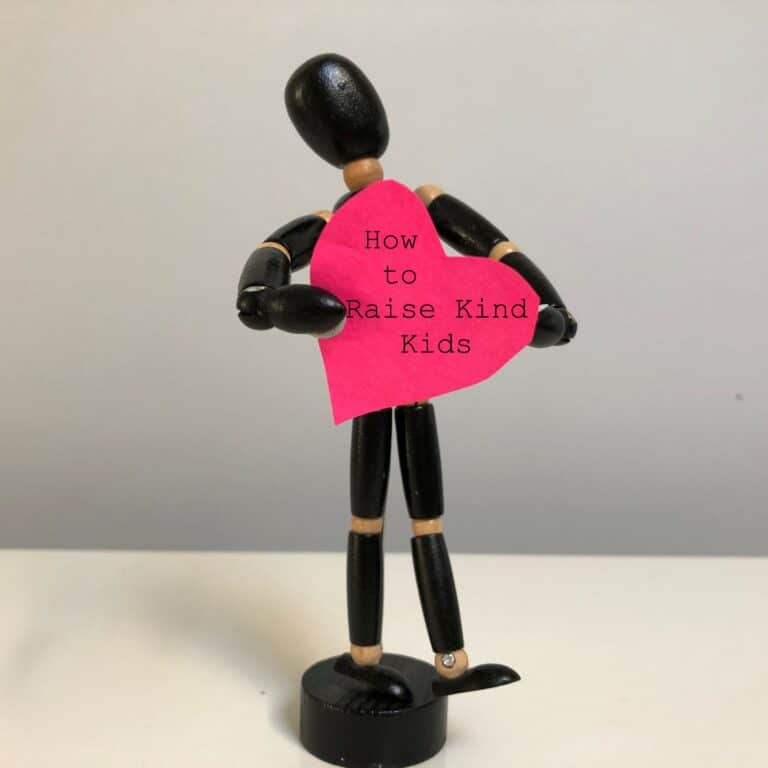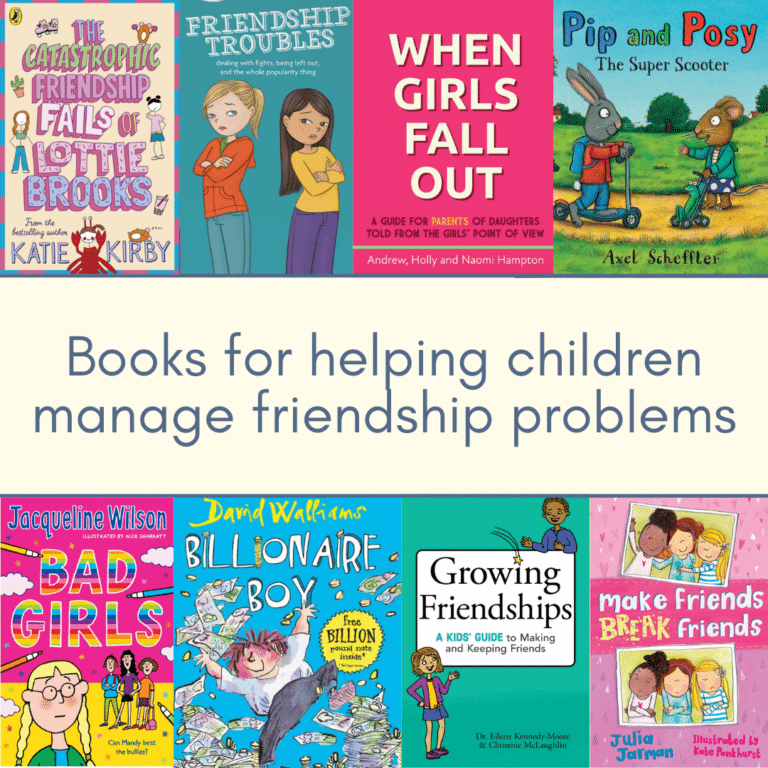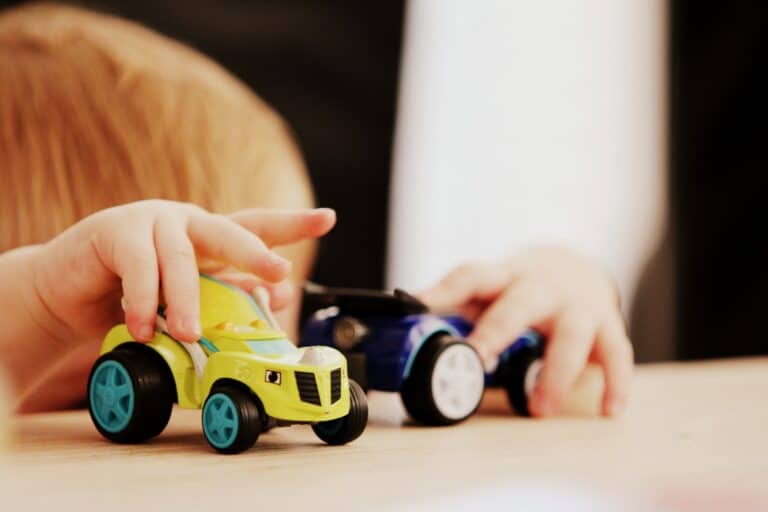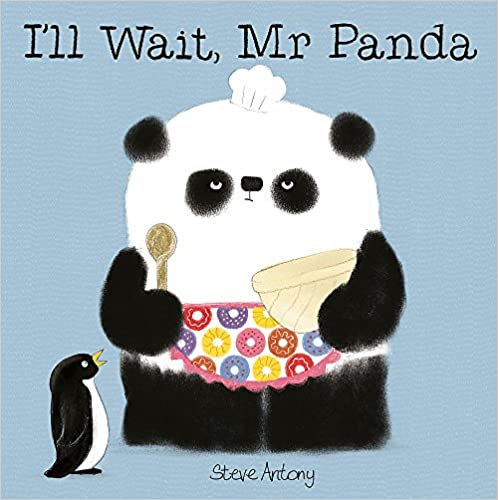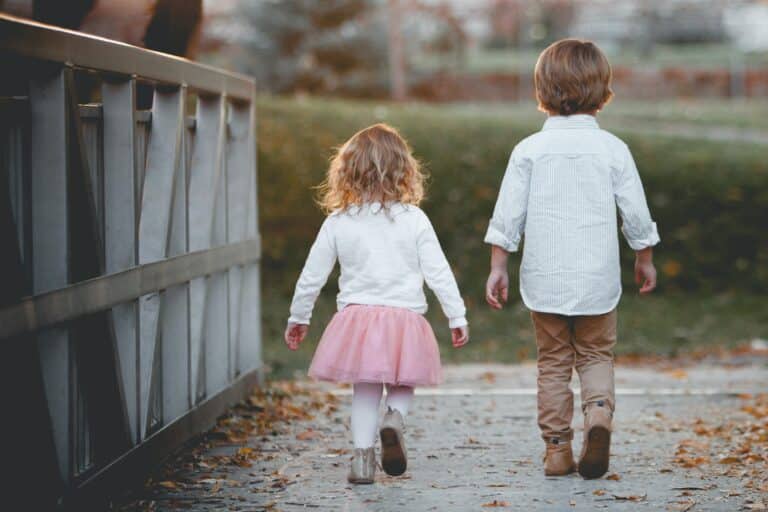Raising Kind Kids
When I ask parents what their parenting goals are, raising kind kids is usually somewhere near the top of the list. Young children are capable of wonderful acts of compassion. But it takes time for them to develop social skills and to learn to step into someone else’s shoes. Raising kind kids is not a quick-fix project – and all kids will make mistakes along the way.
In order to learn kindness, children need an understanding of what kindness looks like. They need to see it in action and to have it pointed out to them (both in real life and in books or stories). They need opportunities to practise being kind and lots of positive reinforcement for doing kind things. Parents can really help in this process by modelling kind behaviour, praising children for their kind acts, talking about kindness and providing lots of opportunities for children to practise getting it right. Here are a few specific ideas that can really help.
Practising kindness
Children need opportunities to show caring so that they can practise being kind. This might involve looking after a pet or helping with younger children or doing kind acts for neighbours or family members. Check out the Random Acts of Kindness website for ideas, posters, printables and calenders that can help show your children what kindness looks like in practice. Young children need lots of opportunities to develop their social skills, so encourage friendships and play dates and make sure they get plenty of time playing with other children.
Building empathy
Very young children (under about 4-years-old) lack the cognitive development to truly imagine what it is like to be someone else. But they can still learn kind behaviour. Teach young children to take turns and give them phrases to use when turn-taking breaks down (see Teaching children to share). Talking to young children about feelings and mental states and about how another person might be thinking or feeling helps them to develop a Theory of Mind, which is the first stage in building empathy. If your child does something unkind, encourage them to make amends. Rather than telling them to say sorry, ask them to come up with ideas for how they could show that person that they are sorry and undo their unkindness with a kind act. You can encourage empathy in older children by getting them involved in hands-on compassionate causes and also by leading the way through your own empathetic listening.
Recommended books
Books are a wonderful resource for raising kind kids. Reading story books about interesting characters helps children learn to imagine what it’s like being someone else and to stand in someone else’s shoes. When parents read books together with our children, we can direct their attention by asking questions about the character’s feelings (How do you think she felt when that happened? How would you feel if that happened to you? Do you think that was a kind way to behave?). We can deliver key messages about kindness and friendship and, if we choose books wisely, we can tackle some difficult topics without children becoming defensive. You might find these books especially helpful for raising kind kids:
- Best books for teaching children kindness
- Children’s books that celebrate diversity
- Books for helping children manage friendship problems
- Children’s books about sibling rivalry
- Best books to teach children social skills (2-7yrs)
- Books for talking to young children about emotions
Key messages for parents
Kids need to hear that kindness is important. Talk with them about what it means to be a good friend and how good friends treat each other (see Tips for helping children with friendship problems). If your child does something kind for you, praise them and also tell them how it makes you feel so that they learn to understand the impact of their kind behaviour and how it builds relationships. On the flip side, always back up hurtful or aggressive behaviour with an appropriate consequence. And avoid being critical of others – model kind words as well as kind actions.

